We just spent about a week in Zanzibar, splitting our time with a couple days in bustling Stone Town and then several more days at the northern tip of the island in the beach town Nungwi. Before arriving in Zanzibar, I had difficulty finding consistent information regarding the safety of Zanzibar and what we should expect. Below are a few issues you may find interesting if you’re thinking of visiting this semi-autonomous island of Tanzania.
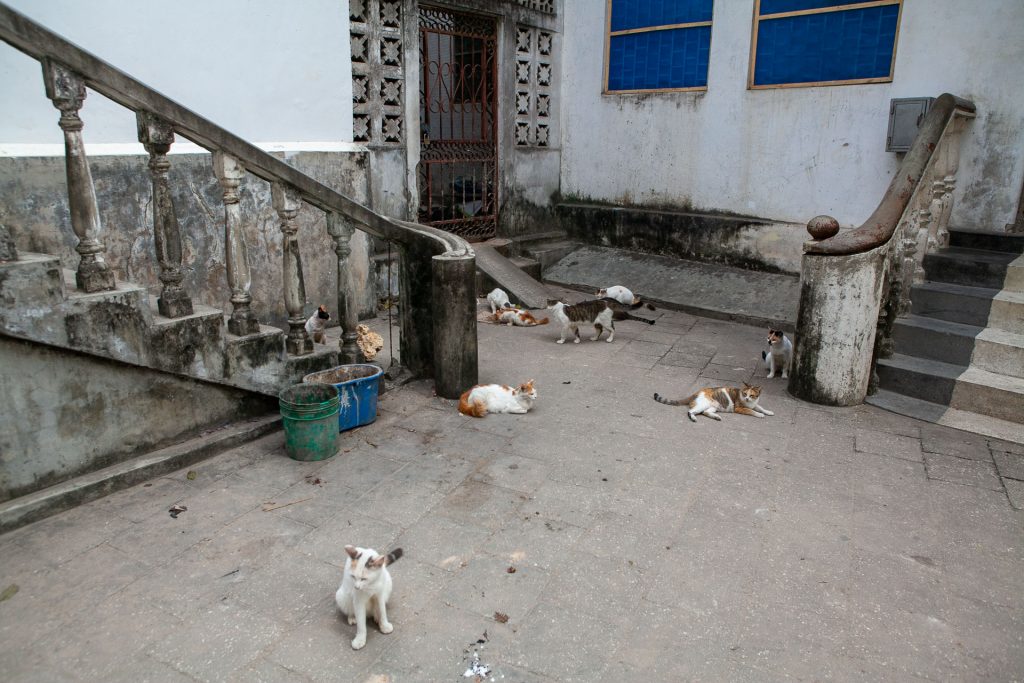
Q: Is there risk of malaria in Zanzibar?
You’d think this would be fairly straightforward, but I’ve seen a range of information online from Lonely Planet saying malaria on Zanzibar “has been eradicated” to another site that says “there is a high risk of malaria throughout all of Zanzibar at all times of the year.” Our travel doctor told us malaria is here, both in mainland Tanzania as well as Zanzibar, so we are taking malaria pills, but in both places, our local guides were adamant that there is no more malaria here and that they think it’s funny that tourists still take these malaria pills that sometimes make them sick. At a minimum, it does seem that malaria risk has gone down considerably in recent years due in part to the widespread use of ITNs (insecticide-treated nets for sleeping), but whether or not it’s gone entirely, that seems to be a matter of opinion! We’ll keep taking our pills…
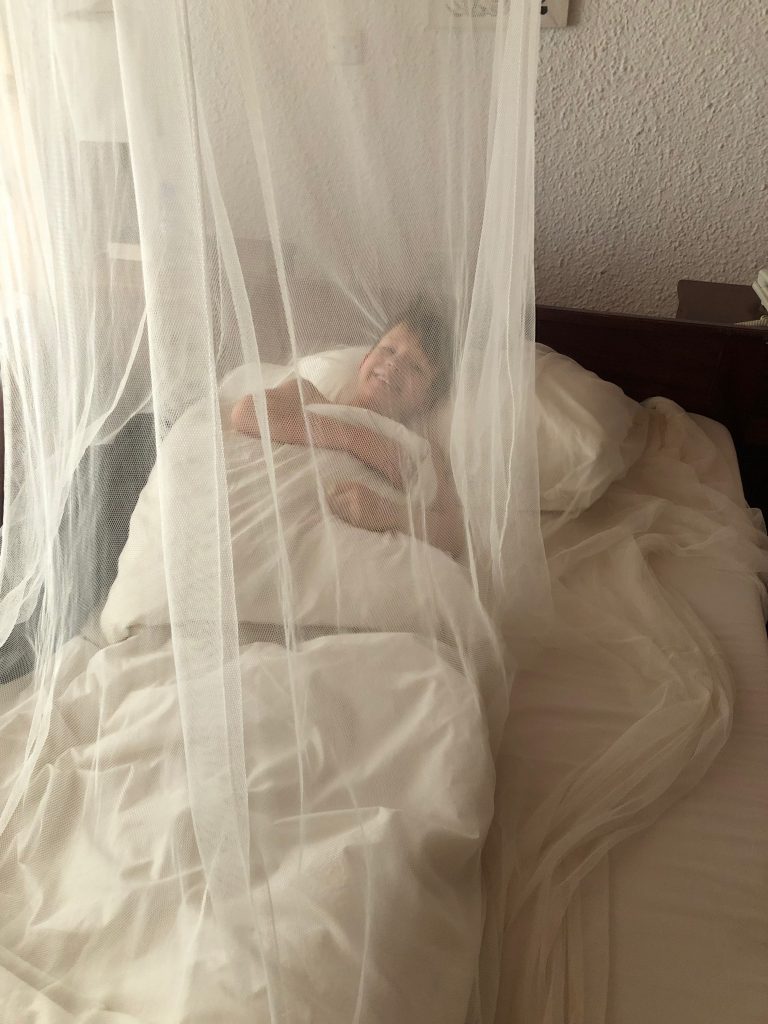
Q: Is driving in Zanzibar safe?
I can’t get over how crazy the roadways are with pedestrians, cyclists, motorcyclists, buses, taxis, etc. all weaving in and out of each other’s way in some sort of harmonious symphony of chaos that I must be tone deaf to. Our good friend Trevor put it well that they just operate within different margins than we’re used to. To me, it looks like there are near-fatal accidents several times per minute, but that dad on the scooter who has his 7-yr old daughter balancing in front of him and his 5-yr old son hanging onto his back navigating through it all (helmetless) looks as cool as a cucumber. Despite the locals being able to handle it, I would never recommend a visitor drive here, neither in a car nor a scooter. I’d say leave this one to the pros.
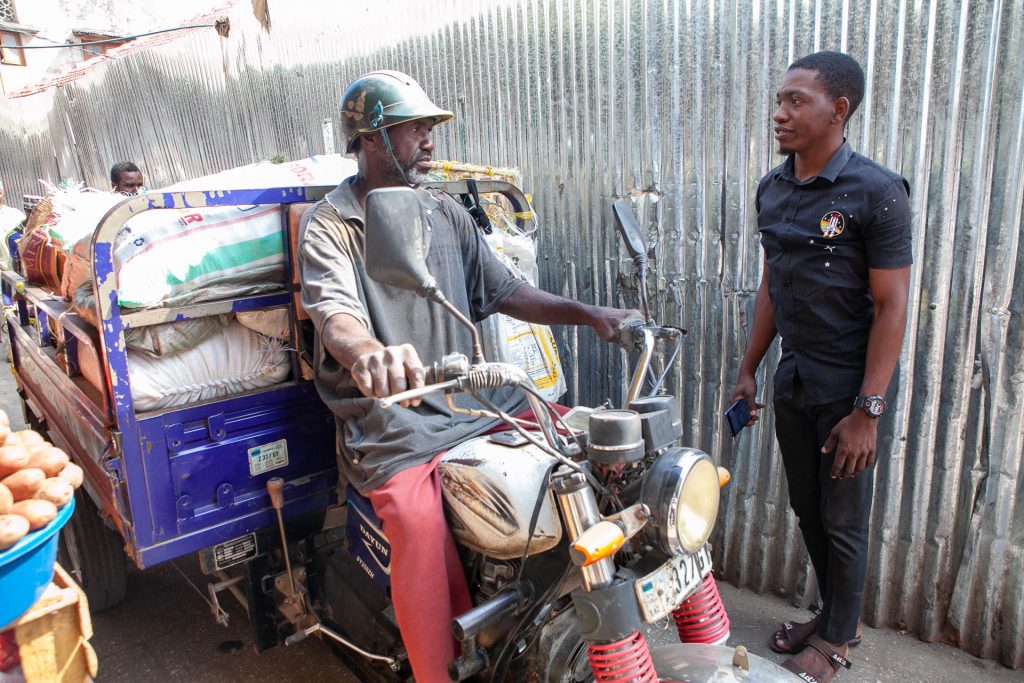
Q: Are western tourists welcome in Zanzibar?
Zanzibar is a predominantly Muslim country (>98%) with strong Arab influence in its architecture, culture, and religion. It was natural to wonder if we would be welcomed “as we are” or if we would need to modify our dress, behaviors, etc. while on the island. Regarding clothing, some articles we read stressed dressing conservatively with shoulders and knees covered at all times, while others noted there is no dress code and people are cool, so don’t worry about it. Quick searches regarding westerners’ safety in Zanzibar yield results ranging from emphasizing how peaceful and welcoming the people of Zanzibar are, to warnings about radical religious extremism targeting Judeo-Christian visitors and residents. The latter types of articles tend to point to a string of horrific attacks in 2012 and 2013 including the murder of a Catholic priest, the destruction of a Christian church via arson, and a very tragic and senseless acid attack on two 18-year old British girls who were volunteering at a local school for a month.
Having read articles spanning the full safety spectrum, we stepped off the plane at Zanzibar Airport not quite knowing what to expect, but keeping an open mind. From the moment our driver/tour guide, Taib, playfully jumped out at us near the airport parking lot with his “Anya x7” sign and a huge grin on his face, we found this to be an extremely warm, friendly, and welcoming island. Again and again, all throughout our days we were met with Jambo! (Hello!), Karibu! (You’re welcome, or you are welcome here!), and of course Hakuna Matata (No worries/trouble). So many locals seemed to want to get across these ideas that we are welcome and have nothing to worry about. And it seems very sincere.
We have felt very safe and welcomed here and met some really lovely people. We found ourselves in some poorly lit alleys in the middle of Stone Town one evening and felt completely comfortable. Our children were a big hit and were interacted with frequently. We had knees (boys) and shoulders (Anya) uncovered, and never felt any stares or received looks that we were out of place. Anya walked around with her Canon 5d mark ii slung over her shoulder without worrying about it highlighting our presence as tourists. We had a hard time matching up the culture we were seeing with one that would gain a rough reputation following those attacks 6-7 years ago.

One Zanzibar-born man who we got to spend some time with explained the local perspective to us after Anya asked him about the acid attacks. Apparently, back in the 2012-2013 timeframe, there was a really big push within Zanzibar to become completely independent from Tanzania. I’m sure this is a much more complicated political issue than we were able to get into, but his perspective was that the Tanzanian government was actually so desperate to squash this independence movement, that they themselves were behind the attacks, framing independence movement leaders/supporters in order to paint a picture to the outside world that the leaders of the movement within Zanzibar had terroristic leanings. He said the people of Zanzibar really couldn’t understand why anyone would want to carry out such attacks and were as outraged and saddened as anyone else. In the end, the Tanzanian government was able to keep Zanzibar from becoming independent with the support of the broader worldwide community that may have been fooled into thinking Zanzibar was breeding militant radicals.
One last anecdote we learned that I found interesting is that Israeli’s have recently become a very large part of the tourist industry in Zanzibar. From what we heard, very few, if any, Israeli’s visited Zanzibar prior to 2016, perhaps in part out of fear of it being an Arab-influenced Muslim society. In 2016, the Israeli show HaMerotz LaMillion (similar to The Amazing Race in the U.S.) aired an episode based in Zanzibar which intrigued a lot of Israelis about visiting. Apparently, they started sending tourists accompanied by Israeli military and were very cautious at first, but over time, the Hakuna Matata attitude of the locals won them over and now they come in droves.
I know these are extremely complicated issues and I’m barely even scratching the surface with this post, but I wanted to share some of the perspective we picked up while visiting here.



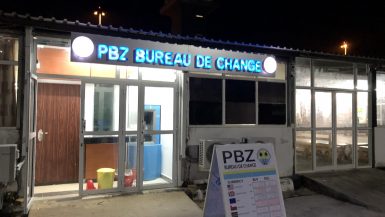
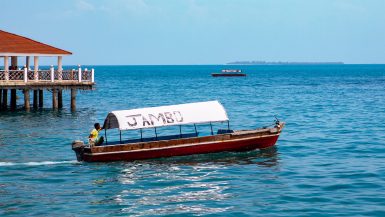

Interesting!
Interesting reading your perspective. Often times, isolated incidents (as terrible as they might be) can paint a country in broad strokes that are very different from what can be experienced first hand if you are open to it.
Yes, well put!
Love all the information you put in, Anya! Again, I’ve learned so much about the country, culture and political stories. I am always fascinated by your first hand experiences, especially your conversations with the local people.
Thanks Ching-Ching!! Michael actually wrote that but I found it all really interesting as well!!
We love reading your updates! Such an adventure you are having! Thank you for blessing us with this blog!
Thanks Jill, we’re so glad you’re enjoying it and following along! Thanks for commenting!